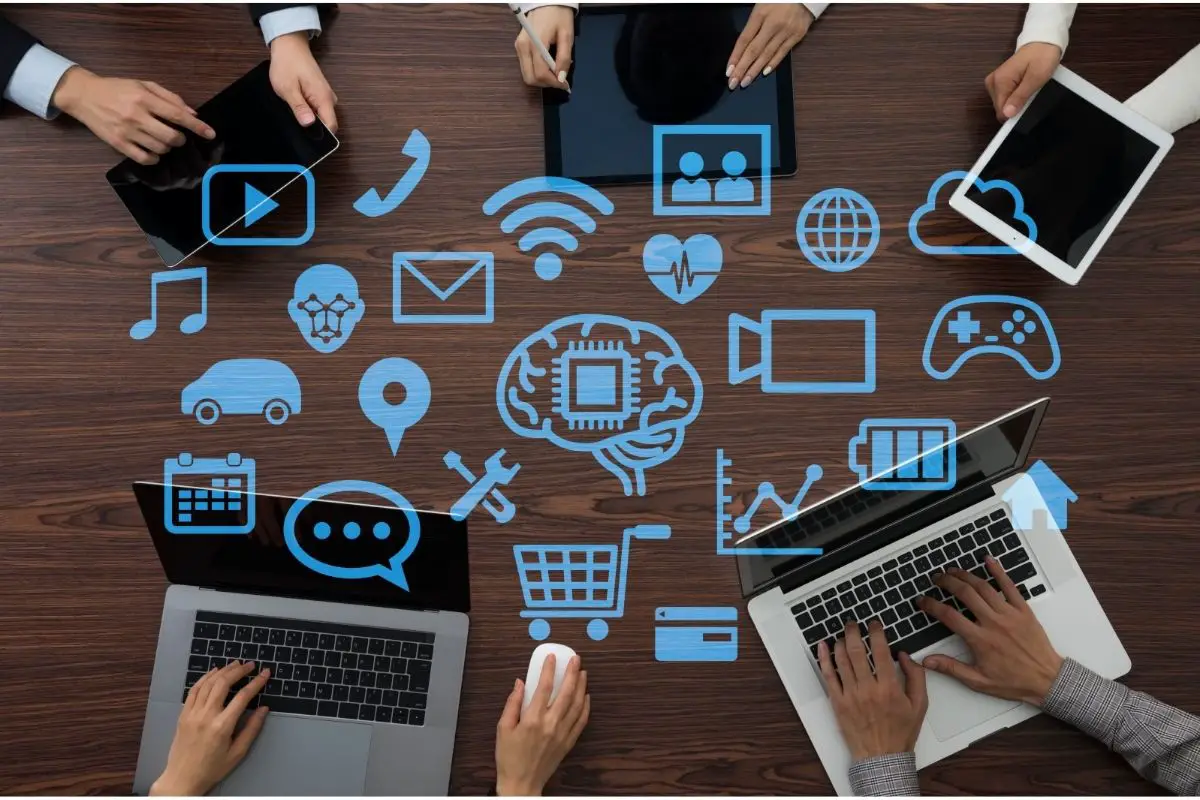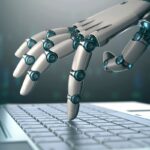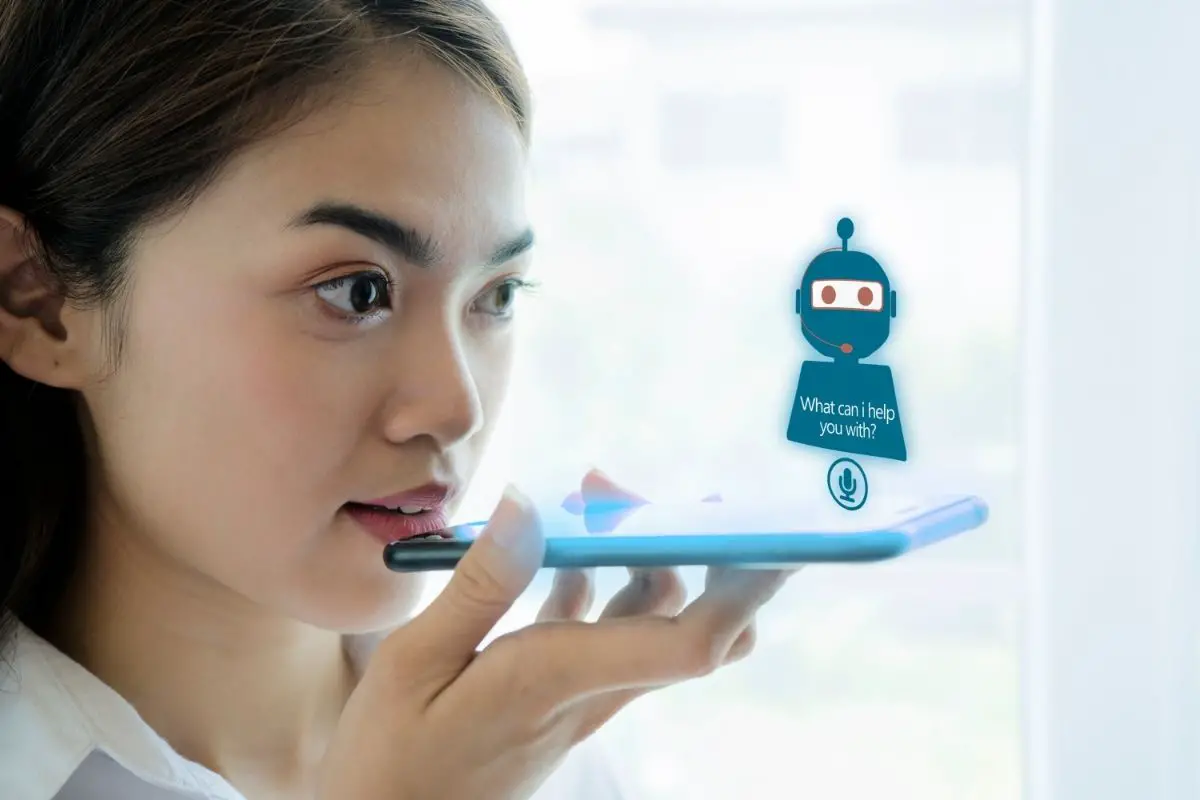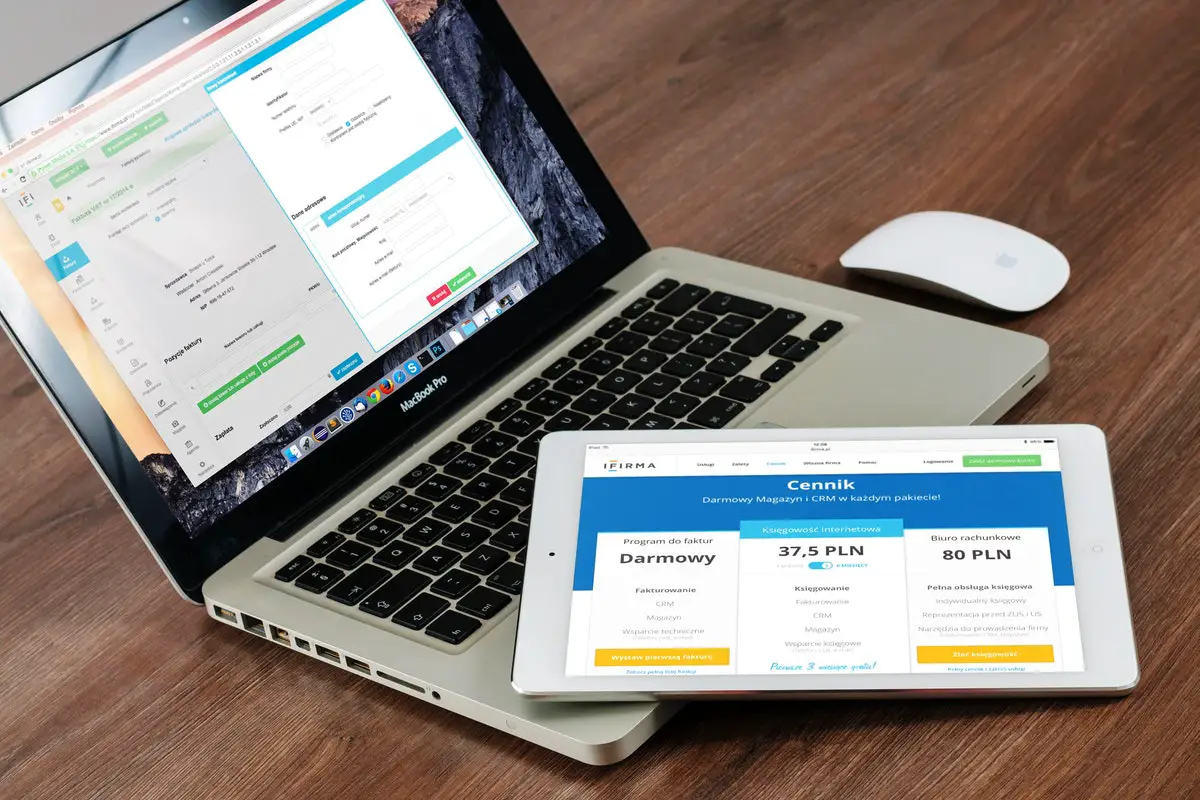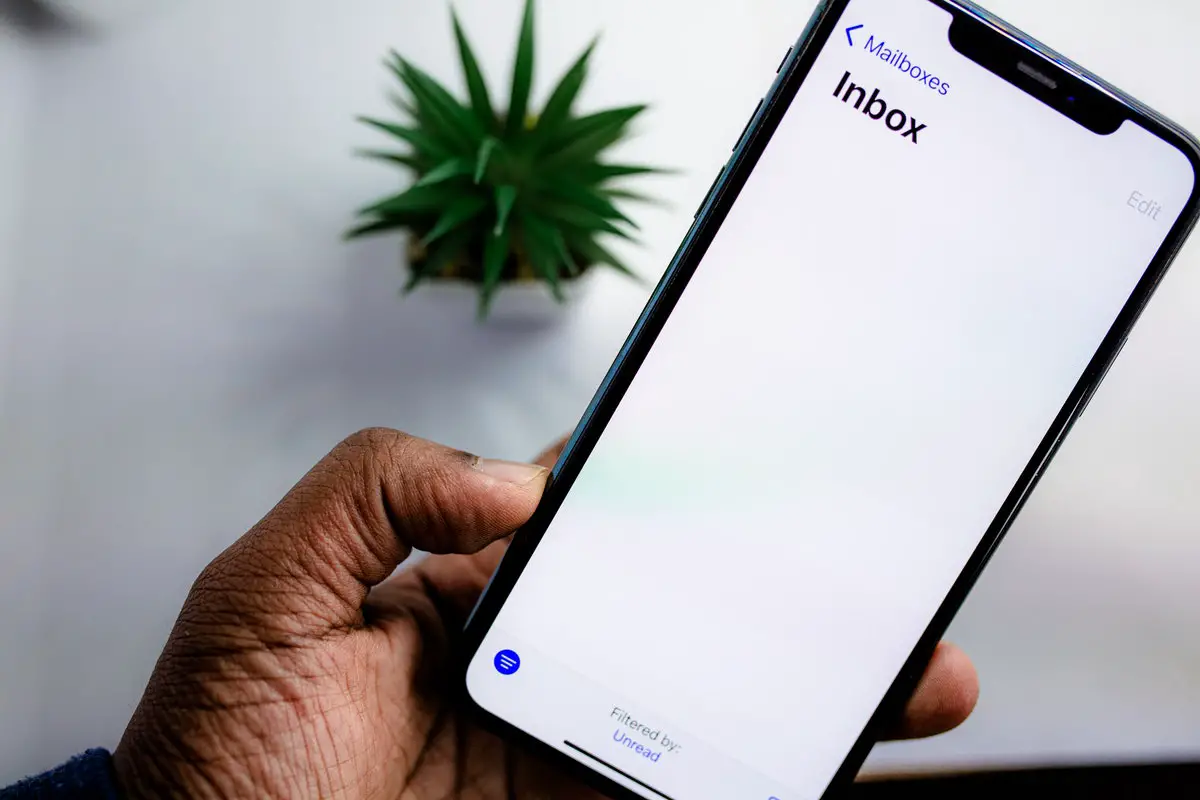However you feel about automation, one thing’s for sure: it’s pretty impressive.

As AI becomes smarter, it continues to expand into the job market.
Although AI can help speed up some human processes, streamline businesses, and work in harmony with its human counterparts, in some cases, people are beginning to believe that it may be a suitable replacement for human labor altogether, putting thousands of jobs at risk.
Seriously – decades ago, who would have thought that humans would be fighting to stop computers from taking over their jobs?
The harsh reality is that AI is pretty likely to wipe out the need for humans in many roles, but there are also some that a computer just can’t handle.
Is your job safe from the AI takeover? Here are the jobs that are least likely to be taken over by AI.
HR Managers
The clue is in the name. A human-based company will always need a human to manage the human side of the business.
There are many roles in HR unlikely to be affected by AI, such as managing conflict, crafting recruitment plans, executive coaching, and more.
So, if you work in HR, it feels pretty safe to say that AI will NOT be coming for your job. This doesn’t mean it won’t be used in the HR domain, though.
In fact, AI is already being used or piloted in the HR world – especially in resume screening.
The job market is notoriously competitive, and HR departments are always looking for ways to trim down the time spent on screening.
AI engines can be used to rank applicants according to what attributes are best suited to the company, for example, making hiring decisions more streamlined.
However, this (and other facets of HR), will always require some human intervention.
Event Planners
If you’ve ever worked as an Event Planner, or you know someone who does, you’ll know that there are a lot of moving parts involved in the job.
Regardless of what the event is for, you’ll have to plan for tens, hundreds, or thousands of people, secure venues, catering, and so much more.
All of this involves interpersonal and organizational skills that AI simply can’t match.
Event planners have a unique, multi-faceted role that is so diverse and complex, it would be almost impossible for a computer to automate it all.
Psychiatrists
Here’s another big one – psychiatrists. Interestingly, AI has already attempted to automate psychiatry with the invention of SARAH, an AI psychiatrist that can help those struggling with mental health difficulties and provide comfort.
Although SARAH seemed like an exciting and revolutionary concept at the time, it’s clear that AI lacks some of the core things a human psychiatrist does, including empathy.
You may be able to cram an AI machine full of information relevant to psychiatry, but they’ll probably still be unable to diagnose accurately.
Psychiatrists often disagree about diagnoses, so AI is unlikely to provide the right answers. There is also another key component to successful therapy that AI cannot recreate – trust and rapport.
Let’s be honest, you’re unlikely to feel completely relaxed around, or connected to, a robot that’s trying to help you. Psychiatry needs to be, and always will be, inherently human.
Lawyers
Lawyers are another profession unlikely to be affected by the technological takeover.
Sure, AI may be able to work faster than any lawyer could, but so many aspects of a lawyer’s work require human judgment, understanding, and emotional intelligence, things that AI can’t bring to the table just yet.
Machines also lack intuition, they just follow rules and data sets.
Lawyers often rely on their intuition and experiences with other humans to help them make decisions in difficult scenarios, making it near impossible for AI to sweep in and steal their thunder.
Writers
This profession often leaves AI debaters butting heads, but it seems like AI is unlikely to COMPLETELY eliminate writing jobs.
Although artificial intelligence is being trialed and tested in the industry, many agree that it just can’t do the same job as a human.
AI can be of some use to writers, by suggesting prompts, creating social media messages, and helping with the research, but when it actually comes to writing, it seems a little off.
AI-generated blog posts, for example, often have more grammatical errors or can throw out nonsensical information that a human writer would never allow to creep in.
Although writing can do some of these tasks, it’s almost entirely unlikely to recreate movies, books, and plays, either.
There’s no doubt about it – AI just can’t trump the human imagination.
Singers
Music is such an important part of being human. While AI shows no signs of slowing down, it seems unlikely that it will be able to completely recreate the role of a singer.

Sure, there are many tools available to artists and musicians to experiment with, but will AI voices take over the human singers we know and love?
Unlikely. It seems hard to imagine our beloved icons being replaced by AI.
Not only is AI unlikely to recreate the depth and richness of these voices, but part of what we love so much about our favorite singers is everything that makes them human.
Their lives, backstories, physical appearance, and so much more.
Graphic Designers
Creative roles seem pretty safe against the AI takeover, and graphic designers are another profession unlikely to be affected by the technological takeover.
Although there’s an apparent and evident fear in this profession of AI takeover, it seems unlikely. Human creativity is at the heart of what it means to be a graphic designer.
Although AI may be able to create pleasing images, it lacks the creativity, intuition, and human passion that goes into this job.
Although AI is already being used in the designer world, it doesn’t seem to be taking off as much as the industry hoped.
It has been met with some backlash; it may work for some businesses, but many prefer to work with a real human, with a real vision. AI just can’t match this.
Social Workers
Here’s another job that seems impossible for AI to take over – social workers. Like psychiatrists, being a social worker requires many inherently human traits that AI can’t seem to replace.
Social workers need to provide individuals, families, and groups with the psychosocial support needed to navigate illness and other human challenges.
Although there are some administrative duties that could be (and in some places already are being) assisted by AI, social workers rely on trust and empathy to build a rapport with their service users, and it’s often this rapport that provides the most support to clients in need.
AI is simply not human enough to deliver the human approach that social workers need to give to their clients.
Final Thoughts
For now, AI can learn how, but not why. It lacks intuition, human experience, and genuine empathy, which are at the heart of many of the jobs on this list, and beyond.
Although technology has been replacing humans for decades, it seems that AI (at least in its current form) is unlikely to take over some of these essential roles.

